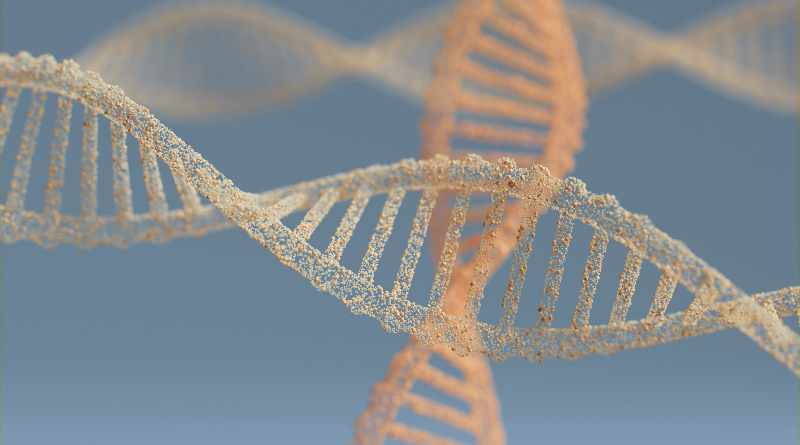How Does Calcium Alpha-Ketoglutarate Support a Healthy Lifespan?

If you take your memory back to high school Biology class, you may (vaguely) recall the Kreb’s cycle—that series of reactions that ultimately creates energy in the form of ATP from the food we eat. One of the most important intermediary molecules required for this metabolic pathway to run smoothly is alpha-ketoglutarate (AKG).
In addition to this vital energetic role, AKG is also associated with cardiovascular, bone, brain, muscle, and metabolic health, in addition to potentially supporting a healthy lifespan.
In supplemental form—the only available oral route, as it is not found in food—AKG is attached to a calcium salt (Ca-AKG), which has been studied for its role in supporting longevity. Previous research with AKG has shown that the compound supports a healthy lifespan in mice, roundworms, and fruit flies.*
For example, a landmark 2020 preclinical study published in Cell Metabolism found that female mice receiving Ca-AKG had healthier lifespans. In addition to extending the median lifespan by 10-16%, Ca-AKG helped to maintain strong bones, improved physical and walking abilities, and supported a healthier inflammatory response.*
AKG is thought to act on several longevity-related pathways, including acting as a potent free radical scavenger, maintaining a healthy inflammatory response to normal oxidative stress, and optimizing autophagy. Autophagy—our internal recycling process that removes unnecessary cells, cell parts, and proteins from the body—tends to decrease with age. As a hallmark of aging, supporting autophagic activity is associated with maintaining a healthy lifespan.
Another hallmark of aging that AKG acts on is “SASP,” or the senescence-associated secretory phenotype. Senescent cells are ones that have stopped dividing yet remain in the body, earning them the name “zombie cells” as they may compromise neighboring tissues and cells. This process occurs through a feature called SASP, which secretes a cascade of compounds, including cytokines, chemokines, and growth factors. Research shows that AKG can help to maintain cellular health in mice and offset SASP reactions, which may be one reason why AKG slows aging in animals.
Lastly, AKG is thought to support longevity because of its effects on the physiological pathways, AMP-activated protein kinase (AMPK) and mTOR. AMPK is a pathway that senses and maintains cellular energy balance by supporting mitochondrial function and healthy blood sugar levels. The protein kinase mTOR is activated by certain amino acids and growth factors and is inhibited by nutrient or energy deficiency (like fasting).
At times, mTOR activation is beneficial, as it can enhance muscle growth and boost energy. However, it has also been shown to be a negative regulator of lifespan—that is, higher mTOR activity is linked to a shorter lifespan. Therefore, the regulation of AMPK and mTOR by AKG is considered beneficial for longevity.
Overall, AKG is an essential intermediate compound for energy production and cellular metabolism, with research showing it fights back against several hallmarks of aging. As internal AKG production is reported to drop by 10-fold between the ages of 40 and 80, supplementation with calcium-AKG may be a smart choice for middle age and beyond. Although the majority of studies with Ca-AKG have been done with animals, research with humans has found the compound to be safe without producing noticeable adverse effects—and more clinical trials are on the way.*
-
* These statements have not been evaluated by the Food and Drug Administration. This product is not intended to diagnose, treat, cure, or prevent any disease.





